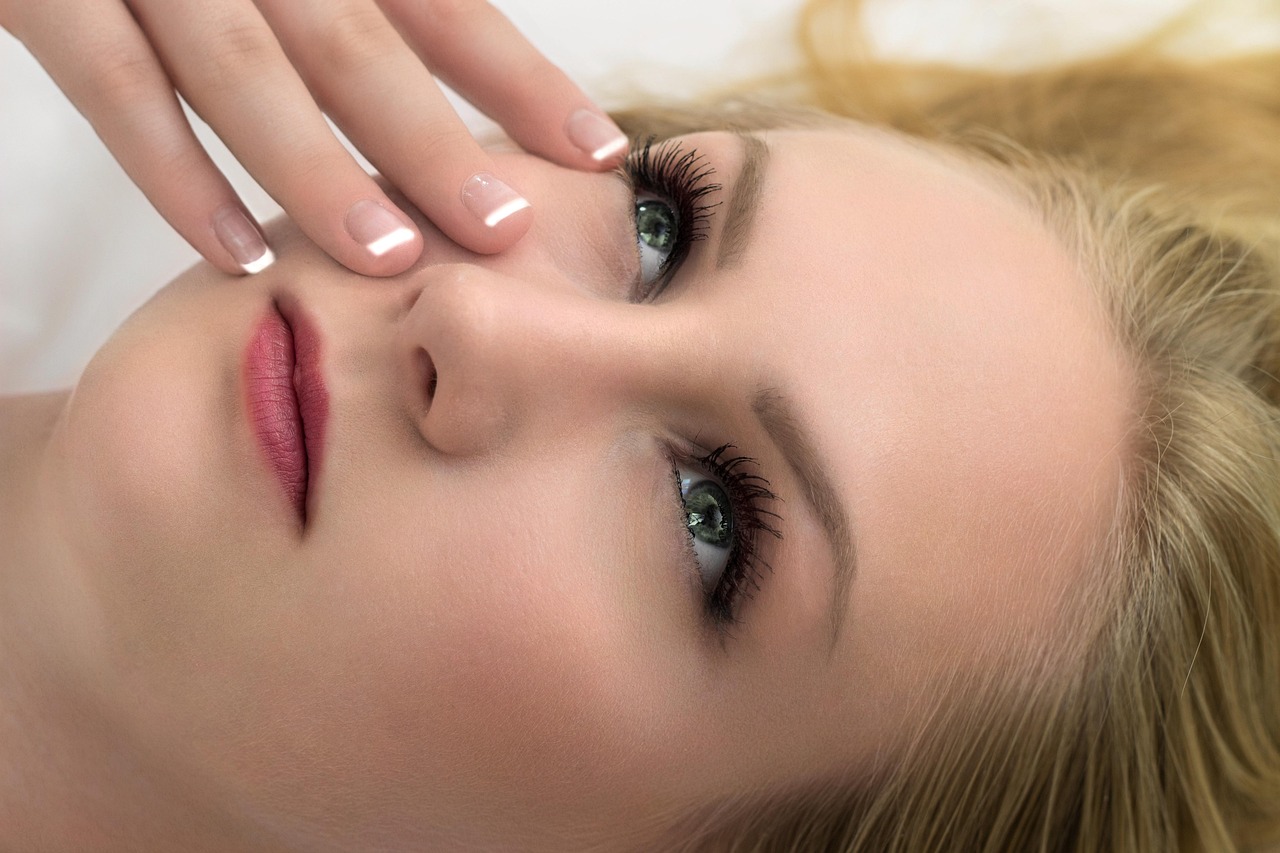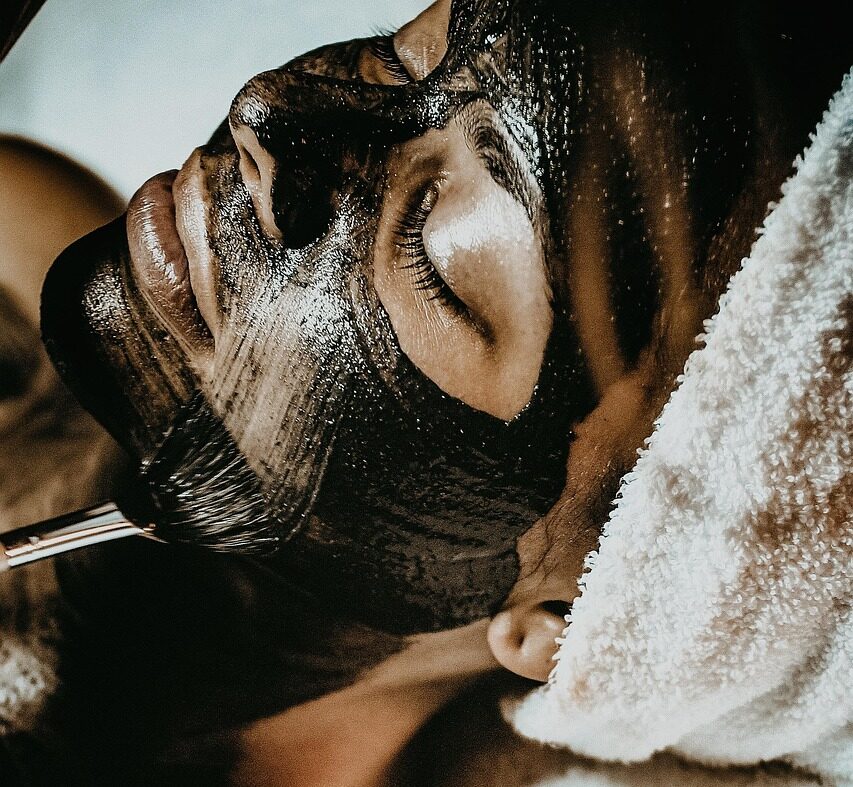You hear about “skin barrier” constantly in beauty circles, but what exactly is it, and why is it so crucial for a healthy, glowing complexion? Think of your skin barrier as your body’s first line of defense – a microscopic shield protecting you from the outside world while keeping vital moisture locked in. Protecting this foundation is paramount for truly healthy skin.
What is the Skin Barrier?
Your skin is made up of multiple layers. The outermost layer, the stratum corneum, is often described as a “brick and mortar” structure. The “bricks” are your skin cells (corneocytes), and the “mortar” is a lipid (fat) matrix composed of ceramides, cholesterol, and fatty acids. This tightly woven structure is your skin barrier.
Its primary functions are:
- Defense: Keeping irritants, pollutants, allergens, and harmful bacteria out.
- Hydration: Preventing transepidermal water loss (TEWL), which means keeping moisture locked in your skin.
Signs of a Compromised Skin Barrier
When your skin barrier is damaged, its protective functions weaken, leading to a cascade of issues. Look out for:
- Dryness, Flakiness, or Peeling: Your skin can’t hold onto moisture.
- Redness and Inflammation: Irritants can easily penetrate.
- Increased Sensitivity: Products that once worked now sting or cause discomfort.
- Breakouts: Compromised barrier can make skin more susceptible to bacteria and inflammation.
- Itchiness or Tightness: A common sensation when the barrier is impaired.
- Dullness: Lack of hydration impacts radiance.
What Damages Your Skin Barrier?
Many everyday habits and environmental factors can compromise this vital shield:
- Over-Exfoliation: Using harsh physical scrubs or too many chemical exfoliants (AHAs, BHAs) too frequently.
- Harsh Cleansers: Soaps with high pH or foaming cleansers that strip natural oils.
- Over-Washing: Washing your face too often.
- Hot Water: Excessive hot water can strip lipids.
- Environmental Factors: Cold, dry weather, low humidity, strong winds, sun exposure.
- Pollution: Environmental aggressors can weaken the barrier.
- Stress & Lack of Sleep: Internal factors also play a role.
- Irritating Ingredients: Fragrances, essential oils (for some), alcohol (denatured) in products.
How to Protect and Repair Your Skin Barrier
The good news is that with the right care, you can restore and maintain a healthy skin barrier.
- Simplify Your Routine: Less is often more. Cut back on excessive products, especially active ingredients, when your barrier is compromised.
- Gentle Cleansing:
- Use a mild, pH-balanced cleanser that doesn’t strip your skin.
- Wash with lukewarm water.
- Limit cleansing to twice a day, or just once in the morning if your skin is dry.
- Hydrate and Moisturize Generously:
- Look for ingredients that mimic your skin’s natural barrier components:
- Ceramides: Essential lipids that replenish the “mortar.”
- Cholesterol & Fatty Acids: Other vital lipids.
- Humectants: Draw water into the skin (e.g., Hyaluronic Acid, Glycerin, Urea).
- Occlusives: Create a seal to prevent water loss (e.g., Petrolatum, Squalane, Shea Butter).
- Apply moisturizer to damp skin to lock in moisture.
- Look for ingredients that mimic your skin’s natural barrier components:
- Incorporate Soothing Ingredients:
- Niacinamide, Centella Asiatica (Cica), colloidal oatmeal, and panthenol can calm inflammation and support barrier repair.
- Be Mindful with Exfoliation and Actives:
- Reduce frequency or pause use of retinoids, AHAs, BHAs, and Vitamin C until your barrier has recovered.
- When reintroducing, do so slowly, perhaps 2-3 times a week initially.
- Sun Protection is Non-Negotiable:
- Daily use of broad-spectrum SPF 30 or higher is crucial, as UV damage directly compromises the barrier.
- Optimize Your Environment:
- Use a humidifier in dry climates or during winter.
- Avoid excessively hot showers.
- Prioritize Lifestyle Factors:
- Get adequate sleep, manage stress, and ensure you’re well-hydrated from within.
Your skin barrier is your ultimate shield. By understanding its role and taking proactive steps to protect it, you’re not just aiming for a temporary glow – you’re building the foundation for resilient, healthy, and truly radiant skin for years to come.


